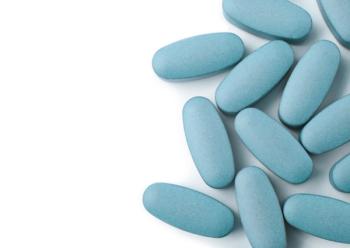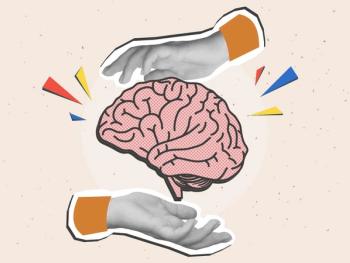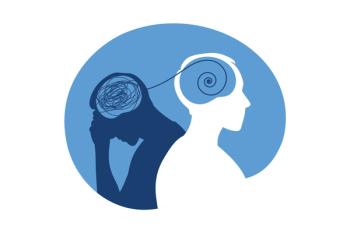
- Vol 38, Issue 9
Treating Mania in Older Adults With Bipolar Disorder
In older adults with bipolar disorder, what evidence is there to guide treatment?
BIPOLAR UPDATE
Despite the increasing number of older adults with
In the past, the treatment of bipolar disorder and mania in older adults was based on uncontrolled studies. As an aggregate, these studies suggested that
Thus, questions remain regarding the
The goal of the first double-blind study comparing the safety and efficacy of lithium and divalproex in the treatment of late life mania attempted to answer these questions. The study, conducted at 6 academic centers and funded by the National Institute of Mental Health, was a randomized 9-week double-blind parallel group trial of lithium and divalproex in patients with bipolar I disorder in a current manic, mixed, or hypomanic episode. Patients were aged 60 years or older.2
The average maximum dose of lithium was 780 mg ± 315 mg with a serum concentration of 0.76 ± 0.35 mEq/L. The average maximum dose of divalproex was 1200 mg ± 550 mg with a serum concentration of 74 ± 21 mg/L. Limited use of lorazepam or risperidone was allowed in the first 3 weeks of the study for agitation or insomnia. After 3 weeks of treatment, risperidone up to 4 mg a day was used for an inadequate response to lithium or divalproex.
The attrition rates by study end (51% on lithium and 44% on divalproex) were not significantly different, and they did not depend on age or medical burden. The reasons for attrition were nonadherence, poor tolerance, and lack of efficacy. Patients tolerated both medications equally.
In terms of efficacy, both medications were beneficial in reducing the Young Mania Rating Scale (YMRS) score, but lithium lowered scores slightly more, with moderate effect size. Patients with more severe mania at study entry did better on lithium than on divalproex. Response rates (defined as at least 50% reduction of YMRS from baseline) in the lithium and
The study authors concluded that efficacy and tolerability of lithium and divalproex are comparable in the treatment of mania in older adults. “Treatment with lithium or divalproex with conservative serum concentration targets, combined with limited use of rescue and adjunctive medications, was tolerated by older patients with mania, and it benefited a substantial proportion of them,” the authors reported. “These results suggest that treatment guidelines for older persons with bipolar disorder should emphasize greater use of lithium and less exposure to antipsychotics.”
Dr Gyulai is a psychiatrist in Philadelphia, Pennsylvania and is affiliated with Hospitals of the University of Pennsylvania-Penn Presbyterian.
References
1. Young RC, Gyulai L, Mulsant BH, et al. Pharmacotherapy of bipolar disorder in old age: review and recommendations. Am J Geriatr Psychiatry. 2004 Jul-Aug;12(4):342-357.
2. Young RC, Mulsant BH, Sajatovic M, et al. GERI-BD: a randomized double-blind controlled trial of lithium and divalproex in the treatment of mania in older patients with bipolar disorder. Am J Psychiatry. 2017;174(11):1086-1093. ❒
Articles in this issue
over 4 years ago
What Do I Do Now? Making Decisions in a Postpandemic Worldover 4 years ago
A Generation in Crisis?over 4 years ago
Inclusivity: Ensuring Patients Who Are Plus-Size Feel Welcomeover 4 years ago
Art Imitating Life: A Poet’s Wordsover 4 years ago
Fraternity Paddleover 4 years ago
Harnessing Harm-Reduction Methods to Combat the Opioid CrisisNewsletter
Receive trusted psychiatric news, expert analysis, and clinical insights — subscribe today to support your practice and your patients.







